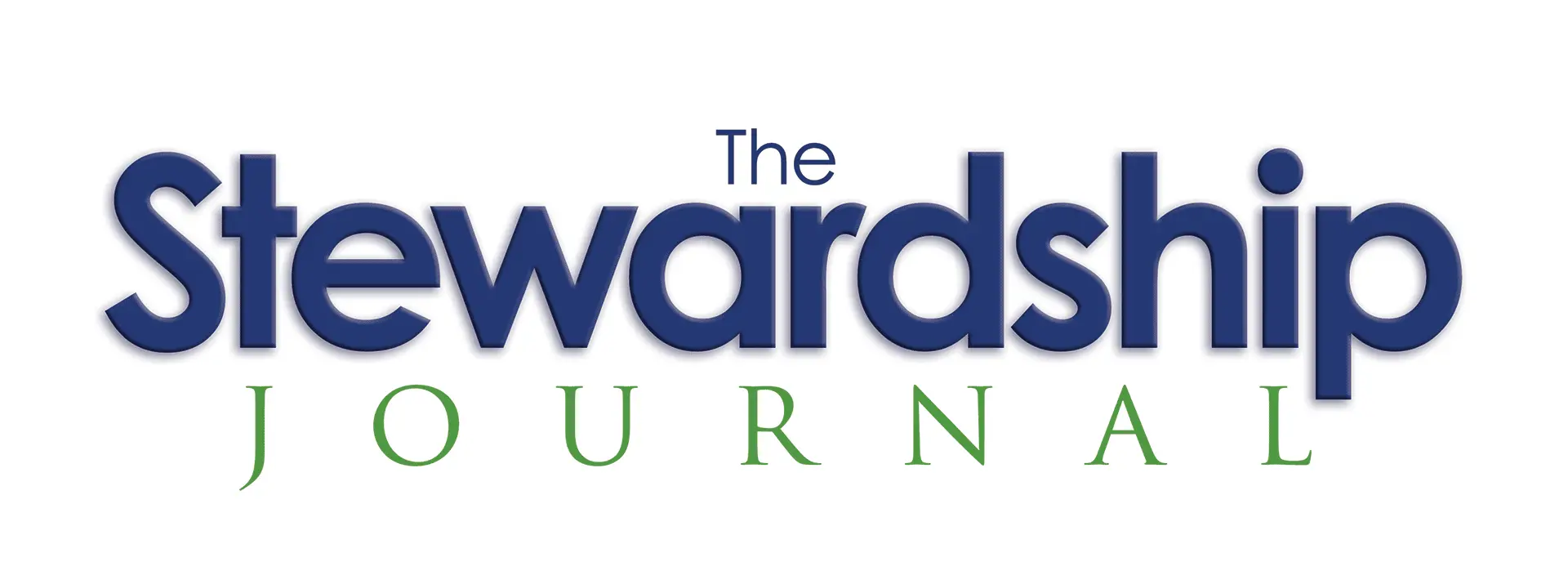“Consumers’ Economic Outlook Worsens” and “Stocks Fall on Consumer Gloom” were two recent headlines in the Wall Street Journal that caught our attention. Americans feel the financial strain of our current downward economy from the gas pump to the grocery shelves. We are reeling from a 40-year-high inflation impacting the price of everything. As a result of concerns about inflation, consumer confidence has fallen to its lowest point in nearly a decade. Our experience has been that giving to the local church is always impacted when people start losing confidence in the economy. A new study gives credence to our observations.
“Donor Confidence Falters in Light of Economy and Inflation” is a recent study by Dunham + Company that sheds light on how the economy and inflation are already impacting giving. The report opens by stating, “donors express more caution in their giving today than a year ago. And they express a significant degree of pessimism about their giving in the future. It is clear that the economy and inflation are having a greater impact than last year. There is also a deep-seated pessimism about the shape of the economy and the length it will take to recover, which could further dampen giving.”
The Dunham report states that while 98% of donors intend to continue giving, donors have a stronger sense that they will be cautious with their giving this year compared to last year. Here are a few of their findings on donors’ giving intentions.
- 21% intend to give more compared to 19% last year.
- 55% say they intend to give the same as last year.
- 25% say they intend to give less or are unsure of their giving.
The above percentages are higher than last year, showing a slightly weaker donor sentiment for 2022. The report also showed that 92% of donors expect a turnaround in the economy to take longer than a year. That was a 20-point rise in negativity over the 72% recorded last year.
The Dunham report concluded, “A sober assessment of what donors are feeling and thinking leads to the reality that nonprofit organizations are heading into some rough waters. With inflation at a 40-year high and a faltering stock market, which is a leading indicator of charitable giving according to Giving USA, donors are clearly nervous.”
You can get a free copy of the Dunham + Company report at Download a free copy ►
The Dunham report, while encompassing all charitable giving, also applies to giving to religion, including churches. In our experience, the economy always impacts church giving. And the decline churches feel from a poor economy almost always shows up six months to a year after the beginning of the economic decline. As more and more experts point to a potential recession towards the close of 2022, we in the church can expect 2023 to be rough economic waters in terms of giving.
How do you navigate rough economic waters?
The Dunham report, at the end, gives three encouragements to organizations. First, stay on message. Second, assure a regular cadence of communication, and third, give donors a reason to continue their support. We believe that is great advice. Here are our recommendations on how to accomplish this.
Stay on message. We are about the Great Commission and the Great Commandment. Staying on message is not simply talking about missions and ministry. Having the funds to do ministry helps keep you on the mission God has for you. Thus, to stay on message, you must be fiscally responsible with your budgeting and spending. As churches begin their budgeting process for the coming year, the current economic climate must be in their minds. Unless you have seen significant growth, we would advise cutting as much waste as possible and limiting any increase in your budget. In our experience, one of the biggest mistakes churches make is setting an unrealistic budget. Your members will respond positively to tightening the budget so that missions and ministry continue without interruption.
Give your members a reason to give. We believe the best way to increase giving is to keep the focus on the vision God has given your church. We have found that people respond better to appeals that center around changing lives than they do a guilt trip about giving. Focusing upon our Great Commission work helps link how a dollar given to your church goes to change the world. A compelling vision always trumps a bad economy when it comes to giving.
Keep in touch with your members. Communicating with anyone today is a challenge. Yet members need to be regularly reminded of all the positive things your church is accomplishing because of their generosity. Churches must use every platform available to keep that regular cadence of communication that the Dunham report recommends.
Communication is key, but so also is keeping close contact with members. We have long known that the more engaged members are, the more likely they are to give. As a result of Covid, engagement has become more difficult. Yet we must keep a constant cadence of contact with our members. They need that constant touch, from pastors and lay leaders to their Sunday School teacher or deacon. Pastors in close contact with their members will always fair better financially than those who ignore them.
You must take these actions to navigate this economy. We believe there is one more crucial step.
If you are going to meet not only this economic challenge but every economic challenge, you must elevate the biblical concept of stewardship. We have found that churches that regularly teach and preach tithing always have weathered economic downturns much better than those which never, or seldom, focus on stewardship. From our small groups to our classrooms to our pulpits, we must regularly teach the biblical concept of stewardship. The promise of Malachi 3 says nothing about recessions or poor economies. When we elevate the biblical principle of stewardship, we prepare our people for what lies ahead.
Christians practicing biblical stewardship weather economic storms better than those who ignore biblical principles. And they never stop giving. By teaching biblical stewardship, you are preparing your people for any economic decline and assuring their ability to give to support your missions and ministry. It’s a win/win.
If, however, you do nothing, we can assure you that the probability of your NOT meeting your budget needs is extremely high.


